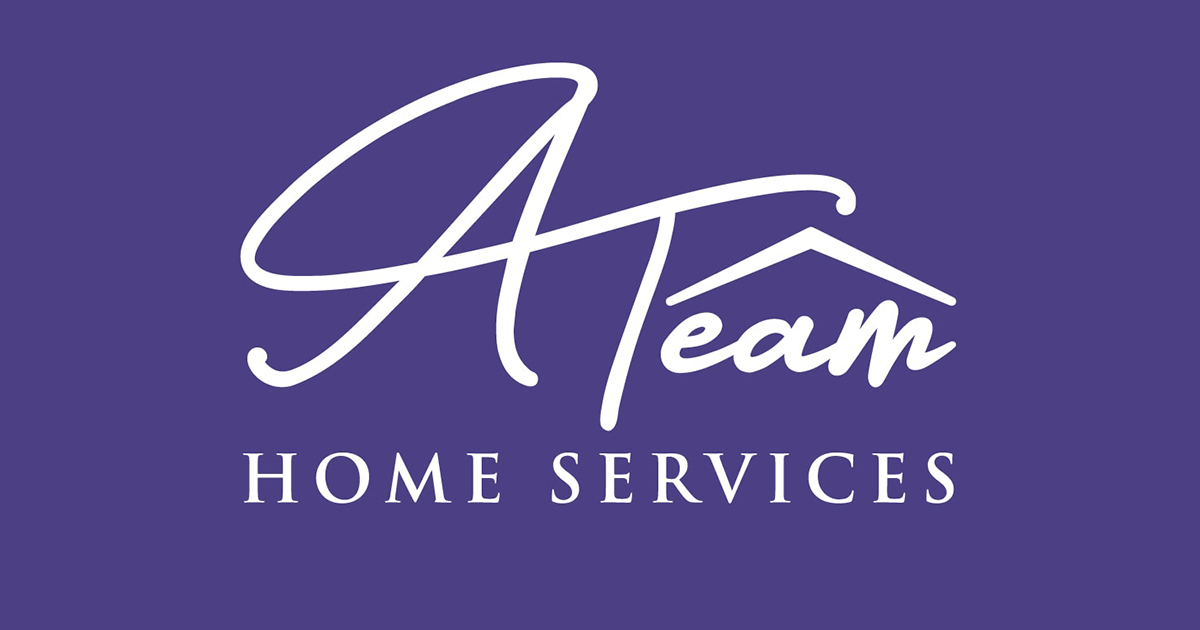In today’s world of do-it-yourself everything, where answers to all questions seem only a Google search away, it’s easy to be tempted to take on things that may be out of our range of experience. Although this can be a way to learn new skills, the area of electrical work should always be left to a qualified electrician. Tackling electrical maintenance or repairs without professional training can cause serious injury or death as well as lead to things like fire hazards in your Texas home.
Indoor Electrical Safety
As modern lifestyles require more of the latest technology, systems, and electronics, we find ourselves using additional electricity throughout our homes. Be sure that your home can handle the extra load and is updated as needed. Here are some tips about indoor spaces:
- Avoid using extension cords as long-term solutions. Ask our electrician to install additional outlets in your indoor spaces if needed.
- If you need to use extension cords as short-term solutions, avoid running them across doorways, under carpets, or in other areas where they can be tripping hazards or become damaged, which could lead to shock.
- Don’t overload your outlets with too many items. Plug in only one major appliance per outlet, and avoid using power strips to expand your electrical needs in a single area.
- Be sure to replace damaged electrical cords. Do not attempt to repair worn-out cords using duct tape or even electrical tape as a long-term solution.
- Replace old outlet with tamper-resistant outlets, which have spring-loaded shutters that close off unused electrical outlets.
- Make sure your kitchens, bathrooms, and other areas where the combination of water and electricity are used have outlets with ground-fault circuit interrupters (GFCIs). GFCI outlets monitor the power going into items and automatically cut the power if an appliance is accidentally dropped into water. Electricity flows through water, and you can easily be shocked or electrocuted by a submerged appliance.
- Install arc-fault circuit interrupters (AFCIs) in all appropriate places, such as bedrooms. These devices can distinguish between arcs that are harmless and those that can result in an electrical fire.
Outdoor Electrical Safety
Today, many tools and toys popular for outdoor use also require electricity. Here are some tips to staying safe outside.
- Use only power tools that are marked for outdoor use. These power tools are often equipped with heavy-duty cords and other safety features, such as protection from damp conditions, to keep you safe while using them outside.
- Store electrical tools indoors. Even tools marked for outdoor use should be stored in a dry environment such as a basement or garage.
- Keep tools away from children and pets when not in use.
- Keep the area around your electric meter clear from shrubbery and overgrowth.
- Replace any damaged cords before using them. Bare or damaged wires can be a fire and electrocution hazard.
- Use only extension cords that are marked for outdoor use as they are manufactured to be more durable and have special protection against rain and elements.
- Keep trees and bushes trimmed away from overhead power lines. Call your electric utility company if tree branches are touching power lines in your yard.
OSHA Safety Tips
According to the Occupational Safety & Health Administration (OSHA), you should assume that all overhead wires are energized at lethal voltages. Here are some tips about public electrical lines:
- Never assume that a wire is safe to touch even if it looks insulated.
- Never touch a fallen overhead power line.
- Call your local electric utility company to report fallen electrical lines.
- Stay at least 10 feet away from overhead wires.
- If an overhead wire falls across your vehicle while you are driving, stay inside the vehicle and continue to drive away from the line.
- If your car engine stalls with an electrical line touching it, do not leave your vehicle. Warn people not to touch the vehicle or the wire. Call the local electric utility company’s emergency phone number.
You Can Rely on Us
Our experienced professionals at A Team Home Services in Hutto can provide more details about your electrical needs. You can Request online, or call us at (512) 253-4456.

